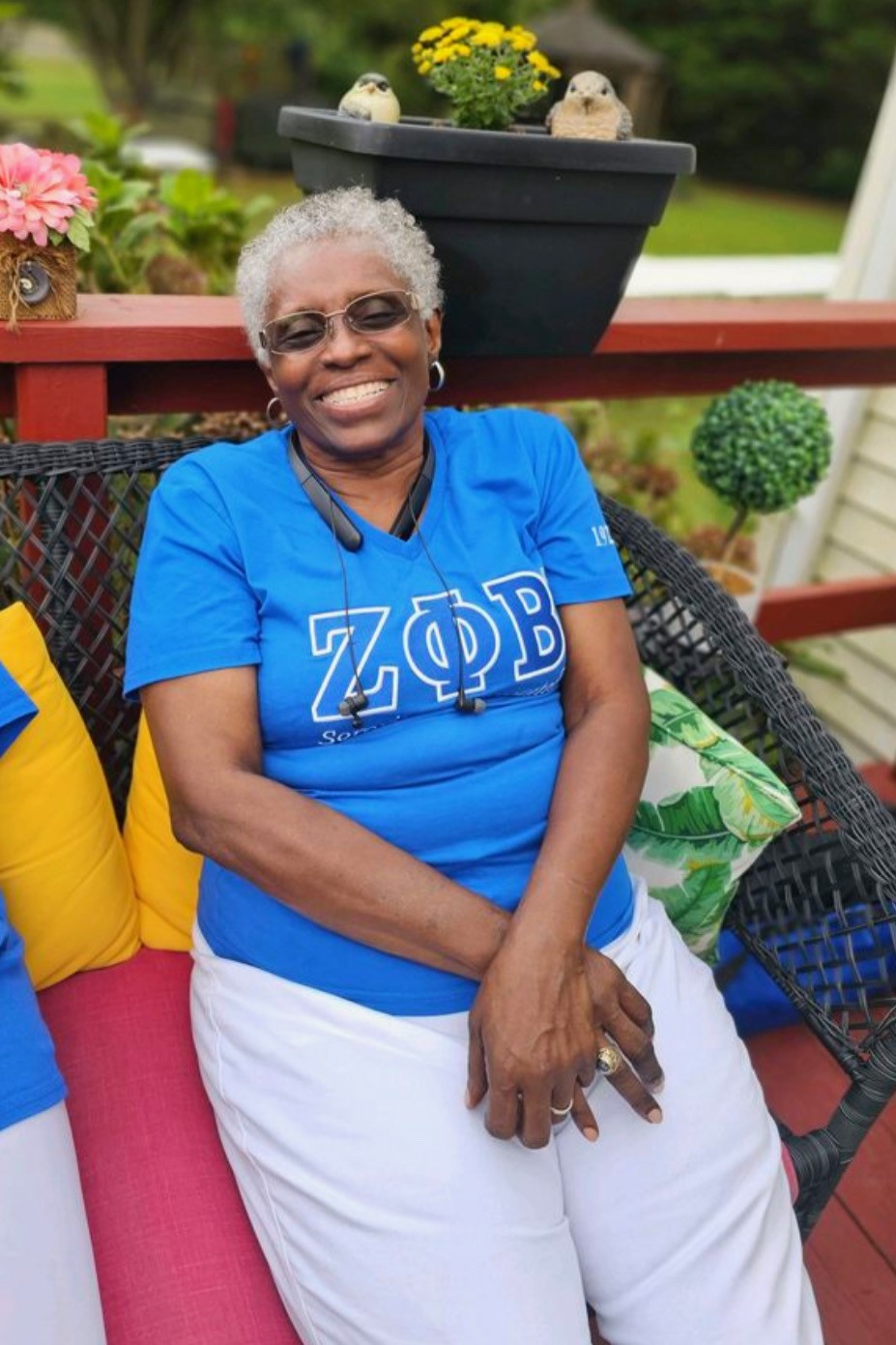“Transforming our public schools will require nothing less than rethinking and redesigning the policies in place now to create something that works much better for all students.”
That statement comes from the initial implementation plan for the Blueprint for Maryland’s Future, a set of policies and funding intended to transform Maryland’s education system from early childhood through elementary and secondary schooling. The Blueprint bill, which was passed by the state’s General Assembly in March 2020, was based on recommendations made by the Commission on Innovation and Excellence in Education. Also known as the Kirwan Commission, it recognized that Maryland students will be competing for jobs against students from across the U.S. and around the world.

Dr. Donald Boyd, Jr
The Accountability and Implementation Board was created to supervise the application of the Blueprint as well as ensure that the goals and expected outcomes are achieved. At the center of that supervision is Dr. Donald Boyd, Jr., the head of Strategic Initiatives. The Mississippi native, who has experience as a teacher and a principal, came to Dorchester County in October 2023 from the Office of the State Superintendent of Education in Washington.
Boyd sees the Blueprint as a “roadmap” guiding students to the resources and tools that will provide them with equitable opportunities so they can be competitive. “It levels the playing field for everybody across the board so that everybody will receive what they need. I may need a bowlful, you may need a spoonful, but essentially you receive what you need in order to be successful.”
“My role as it relates to the Blueprint,” he continued, “I do not necessarily serve as the nuts and bolts, but I serve as that conduit of information. I serve as this central hub that each of the pillars, they come to me.”
The pillars are the five areas in which the Blueprint policies are grouped.
- Early Childhood Education
- High-Quality & Diverse Teachers and Leaders
- College and Career Readiness
- More Resources for Students to be Successful
- Governance & Accountability
“And then each of the pillar leads serves as the how, the processes, the methodology,” said Boyd. “So, they come to me for information, and then after that, I help them to strategize, organize their thoughts, organize their thinking so that we can actualize the plan, we can materialize that, and we can see it in action.”
With the resources they have, Boyd and his cohort are doing their best to implement the Blueprint to scale as it relates to developing Pre-K, hiring a highly diversified staff, and ensuring all students are college and career-ready. If they find that the plan is not working, they will go back to the drawing board and decide on a pathway for students to succeed.
“So, we have implemented those parts of the Blueprint which the legislation has told us to,” Boyd said. “But when we’re looking at the Blueprint, there’s a timeline, right? To 2032, I believe. So, not all parts of the Blueprint have been implemented. We’re doing it in scales. So, as we receive information, we will implement it as best to the extent that we have the resources and tools.”
Since the blueprint did come out of legislation, it is funded primarily through the state government. But the counties are involved, as well, and Boyd believes that level has a huge responsibility to ensure all children are well educated.
He also believes the Blueprint will work, ultimately, though it will require collaborative input and tweaking. “Now, will we have some pushback? Absolutely. We have some pushback right now.”
Boyd was referring to the Blueprint Accountability and Flexibility Act of 2024, a part of the Republican legislative agenda that had a hearing in its assigned Senate and House committees on March 6. The act “provides stronger accountability for how nearly $4 billion in taxpayer funds are spent each year on public education, and also gives local school districts more time and flexibility to implement new Pre-Kindergarten programs.” The sponsors of the bill claim to have received multiple reports of misspending and concerns from school districts about the implementation timeline.
“It’s easy to sit back and make laws,” said Boyd. “But then someone has to carry those things out. What happens when there is a lack of funds? What happens when there is a lack of resources and teacher certification, the career ladder, Pre-K, the mixed delivery system, all things considered? So, we must look at everything in its granular level. How will it impact student achievement? Theory is wonderful, the theory behind the Blueprint.”
Still, he believes everyone has the same goal, which is student achievement. “And, if we have a common goal, if we have a common theme, I think the Blueprint will be successful.”



